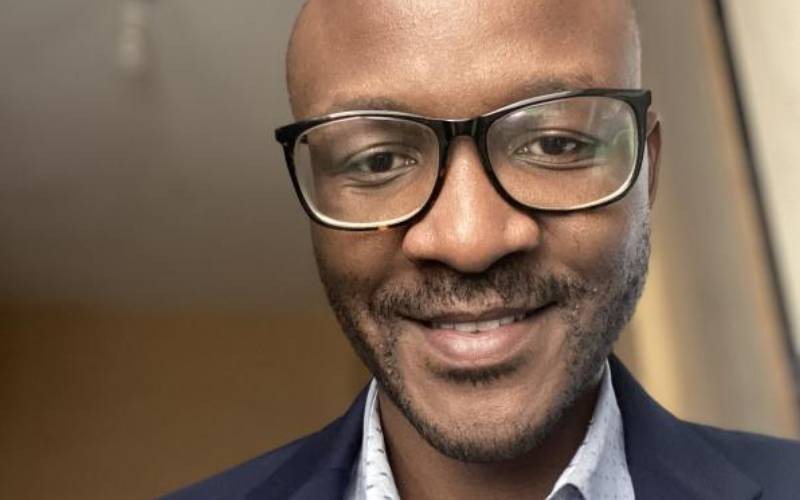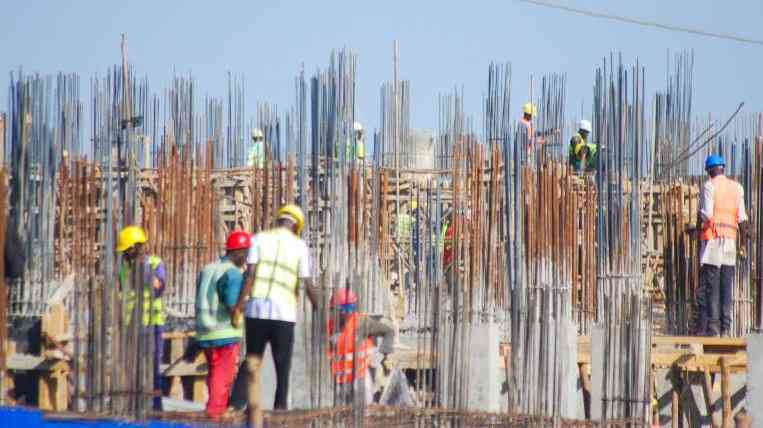×
The Standard e-Paper
Fearless, Trusted News

Last month at the COP27 climate talks in Egypt, I saw first-hand how most refugees, like me, are excluded from climate discussions.
This is particularly jarring when you consider 70 per cent of the world's displaced people come from the most climate-vulnerable countries. And COP27 took place against a backdrop of climate-induced extreme flooding in Pakistan and severe drought in East Africa.







